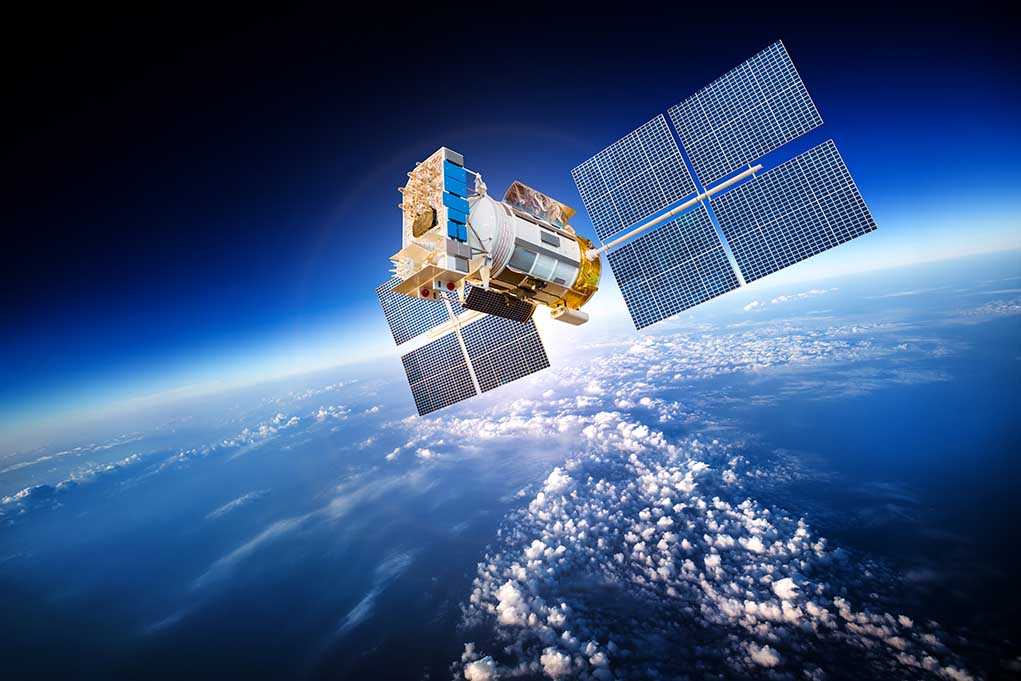Chinese Spacecraft Hit—Astronauts in Danger

The silent peril of space debris has left Chinese astronauts without a ride home, showcasing the fragile balance of human ventures in orbit.
Story Snapshot
- Space debris strikes Chinese spacecraft, endangering astronaut return
- China schedules uncrewed launch to replace the damaged vehicle
- Incident highlights challenges of orbital debris management
- Emergency protocols activated to ensure crew safety
Space Debris: A Growing Threat
Space debris, an ever-present hazard in low Earth orbit, has once again demonstrated its potential to disrupt human endeavors beyond our planet. The recent incident at China’s Tiangong Space Station underscores the vulnerability of spacecraft to these uncontrolled fragments.
The collision damaged a spacecraft docked at the station, leaving Chinese astronauts without their primary means of returning to Earth. This event emphasizes the urgent need for comprehensive strategies to mitigate the risks posed by space debris.
Space agencies worldwide grapple with the increasing density of debris in orbit. Even tiny pieces can cause significant damage to operational spacecraft. The Tiangong incident is a stark reminder that as our technological pursuits extend beyond the Earth’s atmosphere, they remain subject to the whims of these errant particles.
With thousands of tracked objects and millions of untracked fragments, the challenge of ensuring safe space operations grows more complex each day.
China’s Contingency Response
In response to the debris strike, Chinese space authorities have activated contingency measures to secure the astronauts’ safe return. An uncrewed spacecraft is scheduled to launch, offering a replacement for the damaged vehicle.
This swift response highlights the importance of having robust emergency protocols in place, ensuring that astronauts are not left stranded in the unforgiving environment of space. The incident also serves as a testament to China’s commitment to maintaining a human presence in orbit despite unforeseen challenges.
The Tiangong Space Station, a symbol of China’s growing capabilities in space exploration, now faces a critical test. The successful execution of this rescue mission is not only vital for the safety of the astronauts but also for the credibility of China’s space endeavors on the global stage.
The world will watch closely as China navigates this precarious situation, eager to see how effectively it can manage such crises.
The Broader Implications for Space Exploration
This incident at Tiangong is more than just a logistical challenge; it is a wake-up call for the entire space community. As nations push the boundaries of exploration, the risks associated with space debris must be addressed collaboratively.
International cooperation in debris tracking and removal is imperative to safeguard future missions. This event may well serve as a catalyst for renewed efforts to develop and implement global solutions to manage the increasing clutter in orbit.
The Tiangong event, while unfortunate, offers valuable lessons for all spacefaring nations. As the space industry continues to evolve, the need for resilient and adaptable systems becomes ever more apparent.
By learning from these incidents, space agencies can enhance their protocols, ensuring that the pursuit of knowledge and exploration remains a safe endeavor for all who dare to venture beyond our terrestrial confines.







